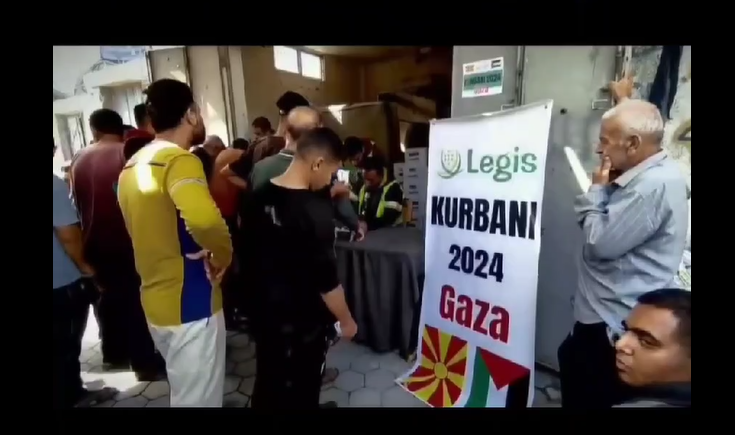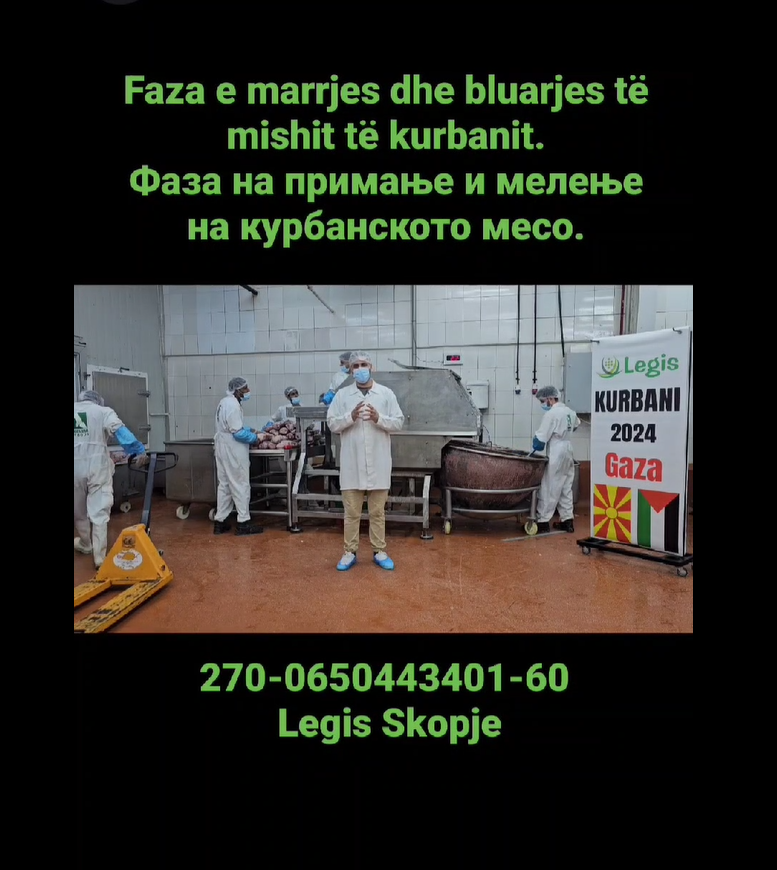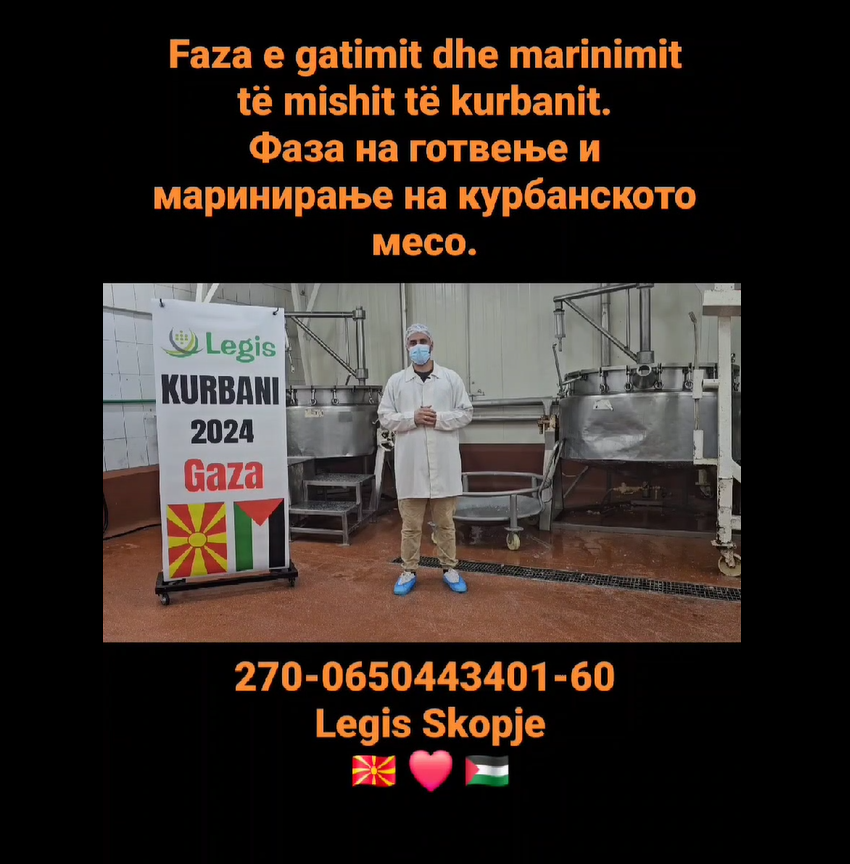
We present you a part of the 2021 report of the EU Commission for North Macedonia, which addresses the topics of refugees migration, asylum and the rights of unaccompanied minors. And for this year, as all the previous, the report is not positive and it shows all the gaps and violations of human rights that the system didn`t change all these years. The progress is so minimal and incomparable to the failures that have not been corrected:
North Macedonia is moderately prepared to implement the EU acquis. Some progress was made in this chapter and in addressing last year’s recommendations, mainly with the implementation of the Joint Action Plan on Counterterrorism, as well as adoption of strategic documents in the field of border management and migration. Registration of migrants needs to be carried out in a systematic manner and protection-sensitive profiling needs to be improved. The country should establish a proper system for managing irregular movement and stop the practice of returning migrants outside a legal framework.
Systematically register migrants and improve protection-sensitive profiling, as well as adopting a more systematic approach to fighting migrant smuggling; align national legislation with the EU’s list of visa required third countries.
A National Strategy for combating trafficking in human beings and illegal migration (2021-2025) continued to be implemented. The National Commission for combating trafficking in human beings and illegal migration is responsible for monitoring the implementation of the strategy. The decentralization of the National Commission, through the creation of local commissions at the municipal level, still needs to be implemented effectively on the ground.
Legal and irregular migration
Institutional set-up and legal alignment
The legal framework is largely in line with EU standards. The declaration of a state of crisis at the country’s borders was extended until the end of 2022, allowing for the continued deployment of the army. The Ministry of Interior is the main actor in the field of migration. The fragmentation of tasks between the institutions dealing with migration persists, making management less effective. In December 2021, Parliament adopted a new Resolution on Migration Policy and its Action Plan (2021-2025) which defines the country’s strategic directions and measures in migration management. The country’s new migration profile 2021 was developed, which includes relevant statistics on legal and irregular external migration and on internal migration, as well as analysis based on the perception of migration trends in the last decade (2009-2019). The new strategy for integration of refugees and foreigners is still pending adoption, as there is no political will to move it forward. The readmission agreements with EU countries continue to be implemented.
While the registration of migrants apprehended in the country resumed at the beginning of 2021, the lack of proper protection-sensitive profiling and referral to national protection mechanisms of all persons identified as needing international protection or having other protection needs remains a concern. Registration of migrants needs to be carried out in a systematic manner and protection-sensitive profiling needs to be improved. In the absence of effective readmission arrangements with the neighboring countries, the practice of returning apprehended migrants outside of the legal and/or procedural framework to neighboring countries continued and should be discontinued as a matter of priority. There is a systematic substantial discrepancy between the figures of reported irregular crossings and presence in the transit centers, which are often almost empty.
Irregular movements through the territory continued at a decreased pace compared with the previous years. The number of irregular arrivals in 2021 was 20 874 persons, compared to 41 257 persons recorded in 2020, traveling predominantly from Greece towards Serbia (some 86 %), with the nationals of Pakistan (34 %) and Afghanistan (22 %) constituting the largest groups, mainly single males. People in irregular movement remain targets of organized criminal groups engaged in people smuggling, that often extort money and abuse them in various ways. They are at risk of human rights violations along the route. Five migrants died in 2021 while on the move in the country.
Although police operations were carried out and some arrests took place, smuggling of migrants continues. 64 cases of smuggling of 815 migrants were detected. In comparison to 2020 the detected cases of migrant smuggling showed a decrease of 33 %, and there is also a decrease of more than 70 % with regard to smuggled migrants. The number of migrants smuggled remains high and combating smuggling networks must be improved as a priority.
Two temporary transit centers at the borders are still in function, offering short-term accommodation for a total number of 2 810 persons (798 in Vinojug and 2 012 in Tabanovce) in 2021. Neither of the transit centers are suitable for long-term stays, and the authorities continue to be reluctant to provide for more than a temporary stay. The running costs of both centers continue to be covered from non-governmental sources. The legal status of both centers remains a serious gap that has led to the adoption of several practices not in line with legal standards. There is no procedure or judicial oversight of the decision for accommodating migrants in Vinojug that became a closed centre, with limited freedom of movement for migrants. In 2021, the national authorities also used Vinojug to de facto detain migrants intercepted during the smuggling incidents for the purpose of taking their statements as evidence before the Criminal Court (many of them unaccompanied minors), while those seeking asylum were processed within 3-4 days and transported to Vizbegovo Reception Centre for Asylum Seekers.
Asylum
Institutional set-up and legal alignment
The Law on international and temporary protection, is largely aligned with the EU acquis and relevant by-laws are in place. A gap remains in the area of detention for people in irregular movement, as the current legislation does not provide alternatives to detention. The absence of personal identification numbers for asylum-seekers and persons under temporary protection remains unaddressed and is a critical gap in the protection of rights guaranteed by the law, such as the right to work, opening a bank account and managing property, certification of education and others. The law provides the right for family reunification. Recognized refugees can benefit from it immediately but concerns remain regarding delayed family reunification for people under subsidiary protection, for two years following status recognition. Since subsidiary protection is becoming a prevalent form of protection granted in the country, including for unaccompanied children, such delays may significantly affect the right to family unity and, in the case of children, contravene the principle of the best interest of the child.
The implementation of the asylum procedure is not yet in line with the EU acquis. The arbitrary detention of people apprehended in irregular movements in the reception centre for foreigners in the Gazi Baba municipality to ensure their testimony as witnesses in court cases against smugglers continued. This practice is not in line with international standards. During 2021, a total of 197 adults (171 men and 26 women) were detained in the centre for foreigners in Gazi Baba as well as 18 minors (3 accompanied and 15 unaccompanied). Following a government decision of October 2021 to suspend construction activities for the new reception centre for foreigners in Bardovci, no new location was found for this building. The only remaining facility of this type is the old reception centre for foreigners in Gazi Baba. Regular reception capacity remained unchanged and is adapted to current needs. The authorities did not put in place alternative state-run accommodation facilities for persons with specific needs. In 2021, the time spent in detention was between 29 and 50 days on average, which is considered as too lengthy. There is still no effective judicial control over the detention practices and migrants in detention do not benefit from legal counselling and assistance to have effective access to justice and legal remedies.
By the end of 2021, the Sector for Asylum conducted 25 online asylum interviews, granted subsidiary protection to four persons and rejected 23 persons, while the procedures for the others were discontinued as the asylum-seekers had absconded. Refugee status has not been granted to anyone since 2016. The existing database on foreigners still needs to be upgraded through the development of a new asylum module, which should provide a case-management tool for processing asylum claims. There is no backlog of asylum cases, and the majority of cases are discontinued due to the high rate of claim abandonment.
Despite some progress, the quality of asylum decisions remains of concern. Most of those granted subsidiary protection are vulnerable persons and unaccompanied and separated children without a proper consideration of the merits of the claim but rather of the humanitarian needs. The length of the entire asylum procedure may last several years, which is not efficient. Inter alia, credibility assessments, the legal reasoning of decisions, the individual assessment of the personal circumstances of the applicants, the correct assessment of relevant and updated country of origin information, and the prioritization of manifestly founded cases remain to be addressed. Although guaranteed by law, no favorable procedure has been implemented in relation to persons with specific needs.
The Administrative Court and the High Administrative Court continue to take decisions on procedural grounds rather than on the merit of the asylum claims. The cases returned to the administrative authority remain unchanged despite the court ruling. Therefore, the asylum procedure is prolonged with no effective remedy. The in-person hearing of attorneys and asylum officials, but not of the asylum-seekers, continued. Decisions on status determination are usually accompanied by an automatic ruling of expulsion without quality assessment of whether an individual may be subject to persecution upon return.
There are no state-funded interpretation services provided at any stage of the asylum procedure or for any language, and this represents a major gap in the asylum procedure. Free legal aid foreseen under the amended Law on Free Legal Assistance remained unavailable.
In 2021, the government continued to enroll asylum-seeking children in primary education shortly after their arrival. However, proper inclusion in the educational process needs to be addressed, providing that children undergo a procedure to determine their level of knowledge as foreseen by the Law on Primary Education and are placed in the appropriate education level. In addition, no systematic Macedonian language and extracurricular classes are offered to foster an easy transition between education levels, including secondary education. Older children continue to miss education opportunities due to these gaps. Teachers should benefit from support and guidance in working with refugee children.
High level political will is needed to implement further improvements in the asylum system.




